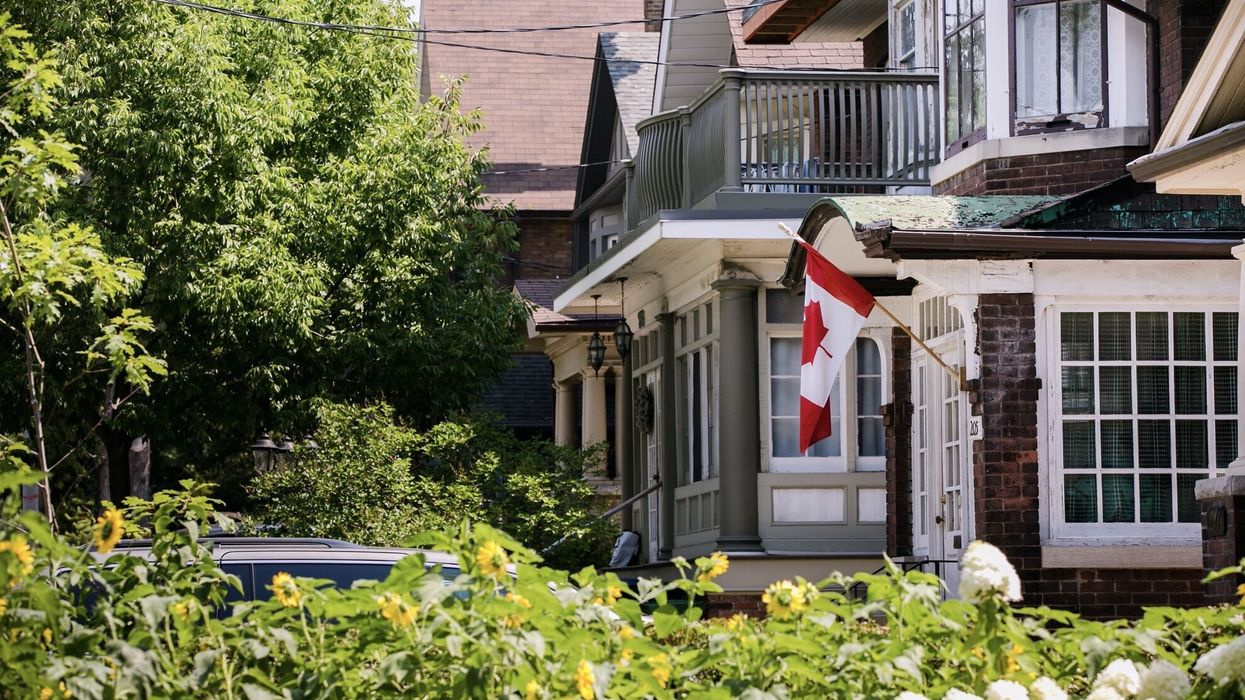On Monday, the Liberal government released its widely anticipated federal budget, following the grave economic disruption caused by the COVID pandemic.
And while the budget focuses heavily on childcare, healthcare, unemployment, and economic recovery, there is little support in it for housing, particularly measures that would help cool the nation's runaway housing market or give first-time home buyers a chance in said market.
In the 2021 budget, the federal government is betting big that major spending will boost economic growth, with just over $100 billion in new spending planned over the next three years.
The budget, titled “A Recovery Plan for Jobs, Growth, and Resilience,” shows that the federal deficit is projected to sit at $354.2 billion for 2020, with it slated to drop to $154.7 billion in the current 2021-22 fiscal year.
While the new spending covers extensions for key pandemic support programs (that will slowly be phased out) and more targeted supports for economic recovery, there is a noticeable lack of support for Canada's feverish housing market.
READ: Budget 2021: Feds Introducing 1% National Tax on Vacant Properties Owned By Foreign Non-Residents
To put it simply: Canada’s housing market was on fire in March, with home sales setting a new all-time record to mark the highest level of activity of any month -- not just any March, but any month -- in history.
Home sales climbed 5.2% between February and March, with 76,259 residential properties trading hands -- up 76.2% from 43,283 during the same period last year. This is also nearly 14,000 more sales recorded than the previous record set last July, according to the Canadian Real Estate Association (CREA).
CREA says the average price of a home sold in Canada during March was $716,828, up 31.6% from $544,824 during the same time last year.
While the increase in national sales activity was broad-based and generally in line with locations where more new listings became available, like in the greater Vancouver and Toronto areas, smaller suburban cities are also seeing record activity, like in Barrie, Halifax and Fredericton, where the average selling price of a home in March skyrocketed between 26 and 37% from the same month a year before.
In the lead-up to the budget reveal, prospective homeowners and industry leaders alike speculated that the government could introduce cooling measures for the runaway housing market, including ideas like taxing capital gains on the sale of principal residences.
READ: Toronto Real Estate Market Now Hotter Than 2016 Housing Boom that Caused Government Intervention
But as mortgage broker Ron Butler pointed out, the federal government did, "nothing, nada, zip, zero," in terms of introducing anything remotely beneficial for housing.
Instead, the feds reacted to blazing hot housing markets across the country "half-heartedly" -- by doing little to turn the tide in the rising market.
The Liberals introduced new and accelerated funding to create and renovate affordable housing units -- including converting surplus commercial space to housing -- for a total of $3.8 billion, building on the National Housing Strategy. This includes other initiatives which will serve to build, convert, or repair 35,000 units across Canada. These funds will be distributed over the course of seven years.
While addressing the lack of affordable housing is a start, asJosh Nye, a senior economist with RBC, pointed out, thegovernment didn’t commit to working with the provinces and municipalities on the supply of market housing, where pressures intensified during the pandemic.
READ: Adam Vaughan Fires Back in War of Words Over Future of Canadian Housing Market
The government also introduced a new national 1% tax on vacant housing owned by foreign non-residents, becoming effective January 1, 2022, with a consultation forthcoming. The $700M in expected revenue over four years is earmarked for affordable housing initiatives, but Nye says he thinks the measure will "have a marginal impact on housing demand and supply."
At the end of the day, Canada needs more than just a slight tax increase and a few thousand affordable housing units to help ease the frenzied market.
The reality is, nearly everyone outside of government (including big banks) has already raised a red flag and suggested cooling measures aren't simply a request, they're required. Perhaps the Liberals should have taken a page out of the 2017 playbook when both federal and provincial steps were taken to cool the market -- particularly in major cities like Vancouver and Toronto -- to prevent Canadian homebuyers from sinking further into debt. This included new measures to slow the injection of foreign cash and tightening eligibility rules for prospective borrowers.
Until this happens (around 2023, perhaps?), many Canadians will continue to be priced out of the housing market and even more will continue to give up their dream of one day owning a home.





















